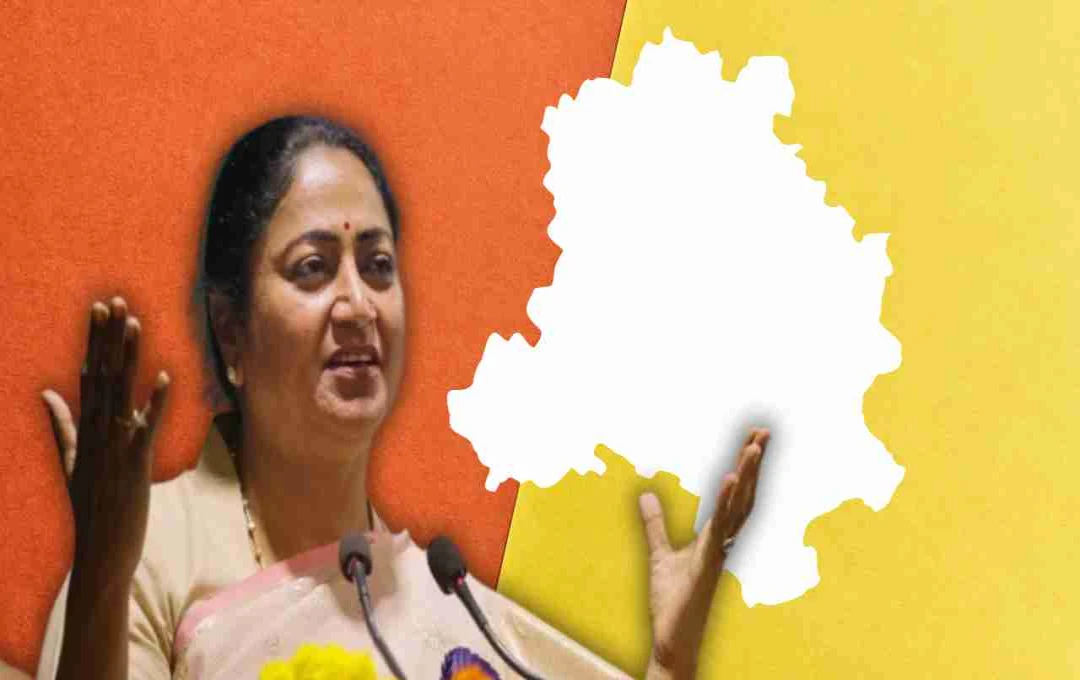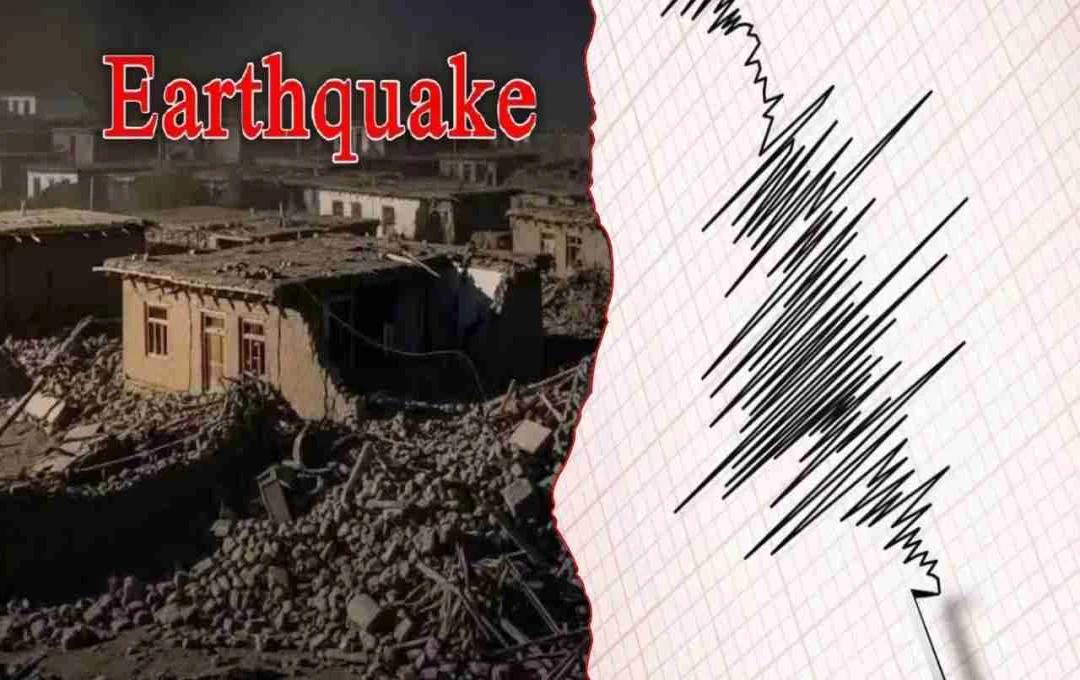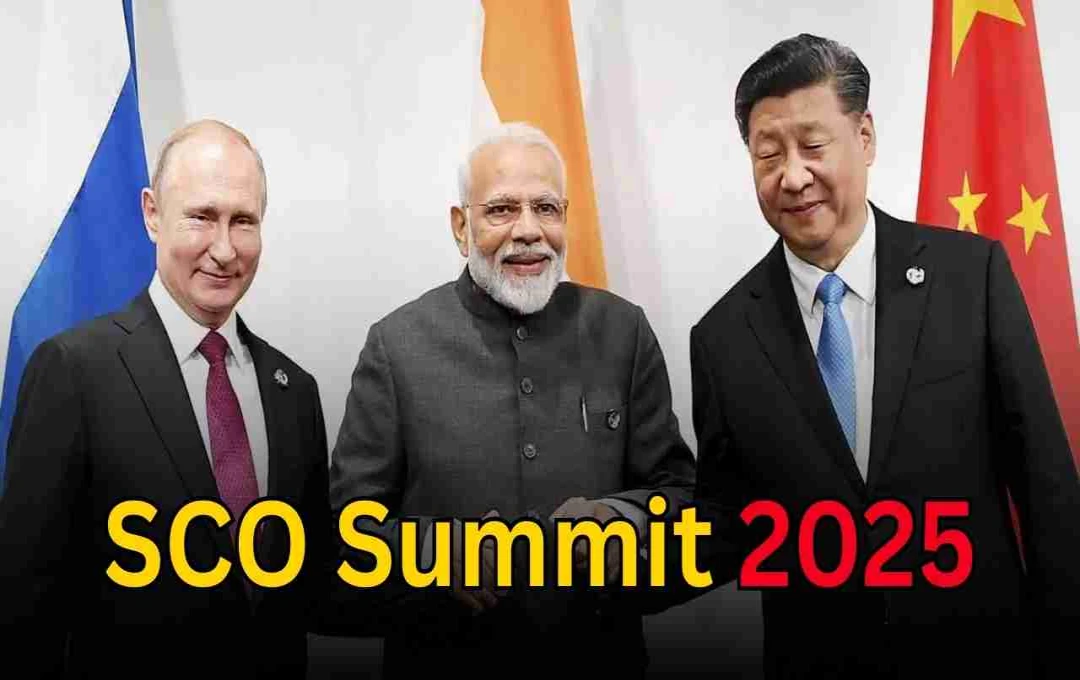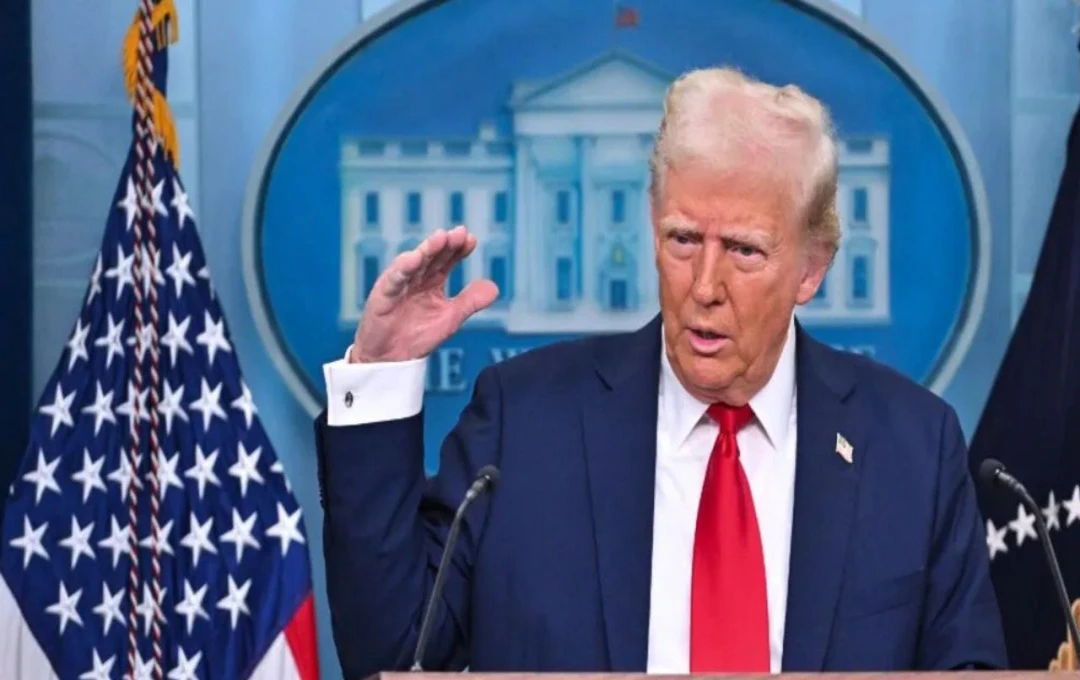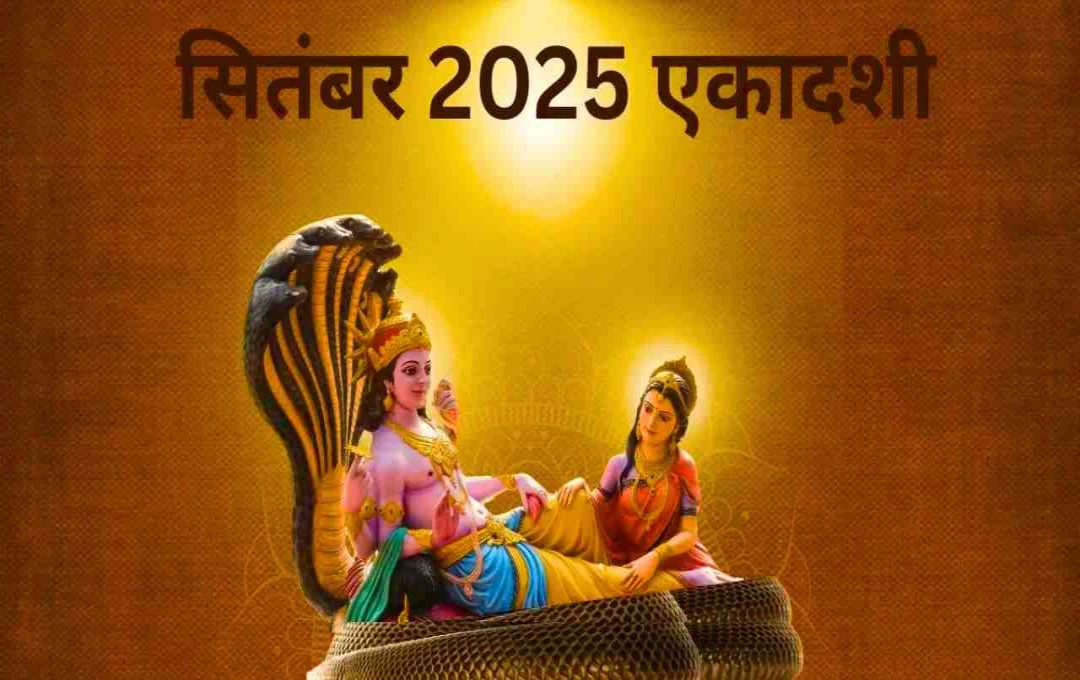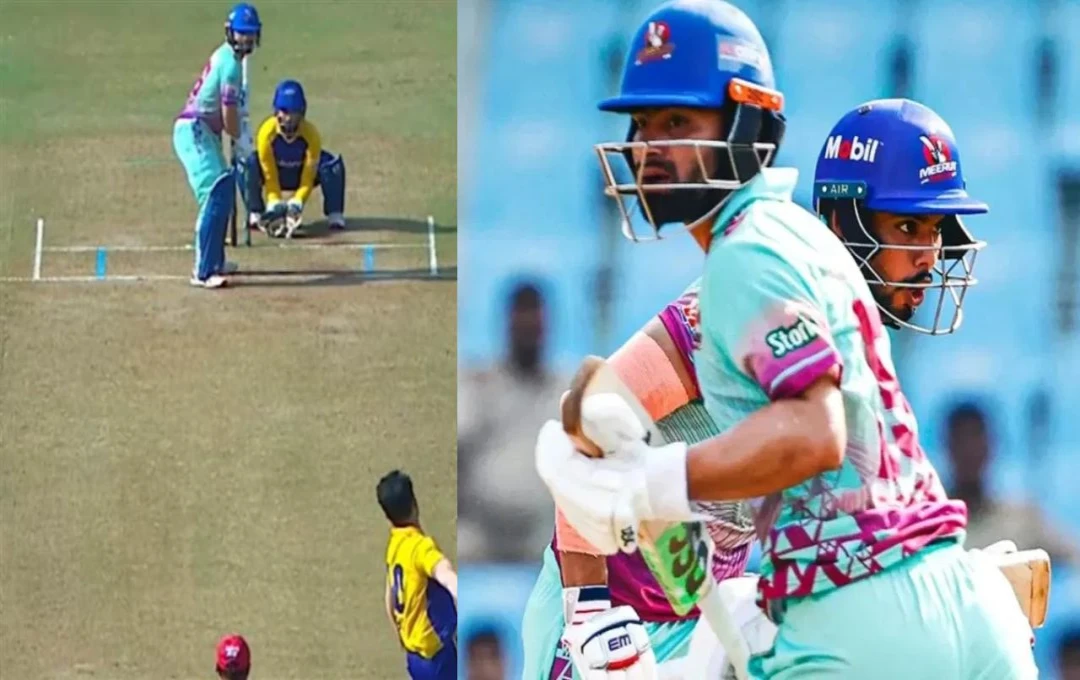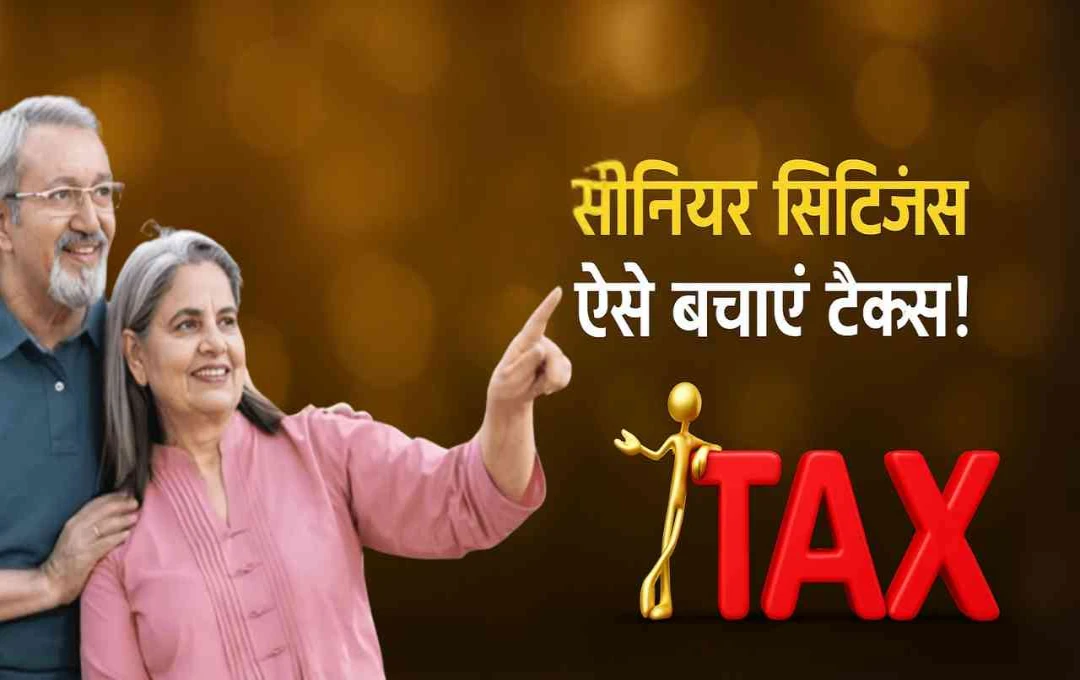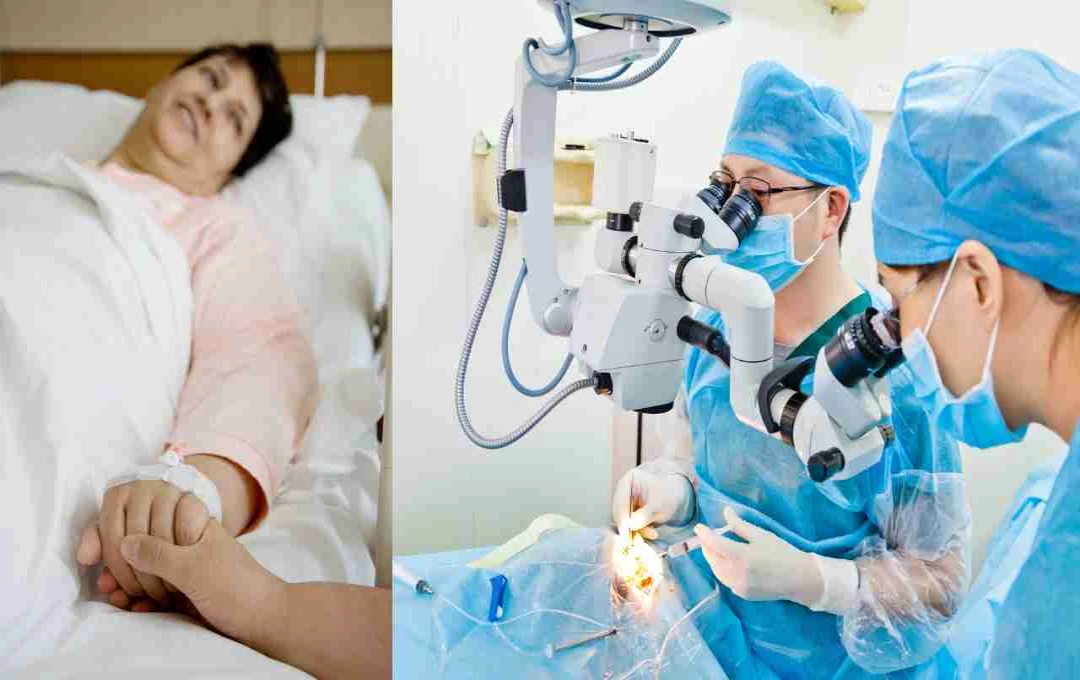Chief Minister Rekha Gupta unveiled a plan for the holistic development of Delhi, prioritizing solid steps to address air pollution, traffic congestion, waterlogging, Yamuna cleaning, and civic amenities.
Delhi News: Chief Minister Rekha Gupta clearly outlined the government's strategy and plans for the comprehensive development of Delhi. She explained how past administrations' negligence has led to the current problems faced by Delhi, and how the current BJP government is working towards solutions.
Questions Regarding Previous Governments
Chief Minister Rekha Gupta stated that previous governments did not formulate any concrete plans with a focus on Delhi's future. Schemes were created, centering only on Lutyens' Delhi, which resulted in an increase in the number of slums and unauthorized colonies. Civic amenities such as clean water, sewage systems, roads, and parking facilities have deteriorated significantly.
Lack of Amenities in Proportion to Population
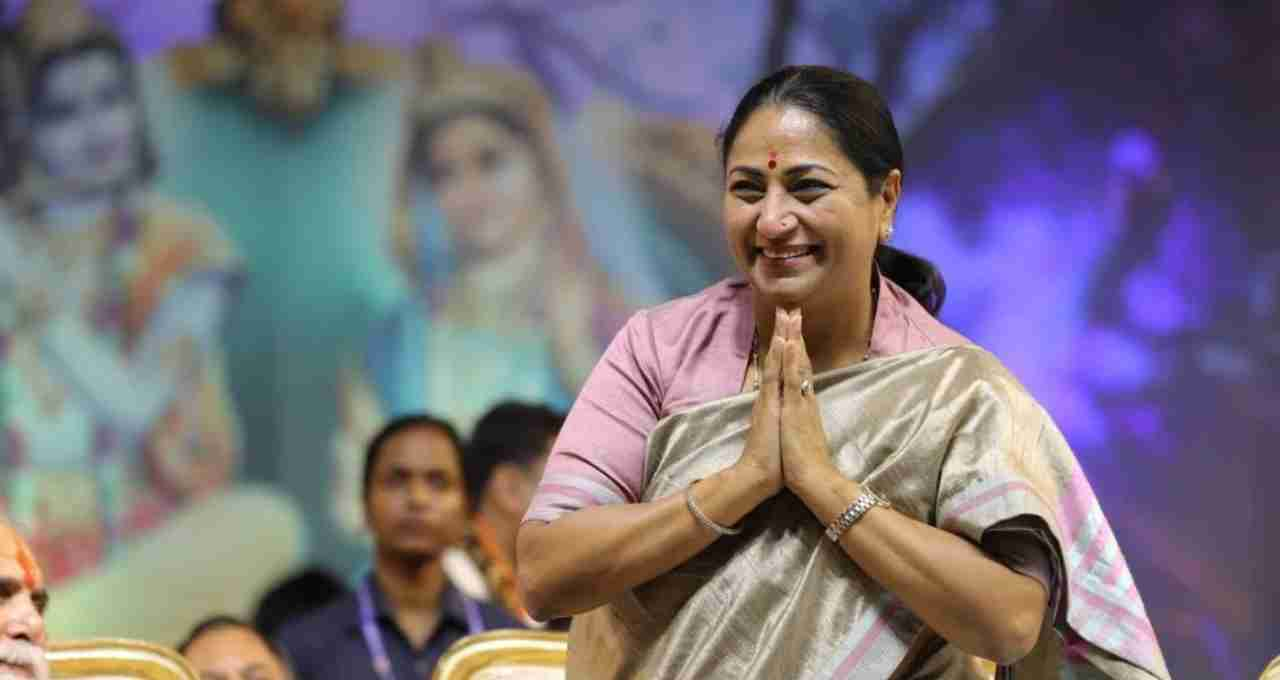
Rekha Gupta mentioned that Delhi's population has reached approximately three crore, but the expansion of basic amenities has not kept pace. 50% of Delhi residents still do not receive adequate water, the roads are in poor condition, and there is a shortage of schools and hospitals. Her government is working to correct this imbalance.
Action on Air Pollution
The Chief Minister also held previous governments responsible for air pollution. She said that if timely measures had been taken, the court, NGT, and the Air Quality Commission would not have needed to intervene. The current government has taken initiatives to strengthen public transport. Currently, 2500 electric buses are operating on Delhi's roads, with a goal to electrify all public transport in the coming years.
Measures to Control Pollution
She explained that sprinkler systems are being installed on tall buildings to prevent dust pollution. Four sprinklers have been installed in each ward. In addition, the Air Quality Commission has been requested to halt strict actions against older vehicles and allow vehicles to operate based on fitness, not age.
Solutions to Traffic and Road Problems
The Chief Minister said that the main causes of traffic jams are potholed roads and poor designs. Upon forming the government, 550 traffic jam areas were identified, and plans were made in coordination with all agencies. In one campaign, 3400 potholes were filled in a single day. Review meetings are being held every month to ensure permanent solutions to the problems.
Waterlogging Problem
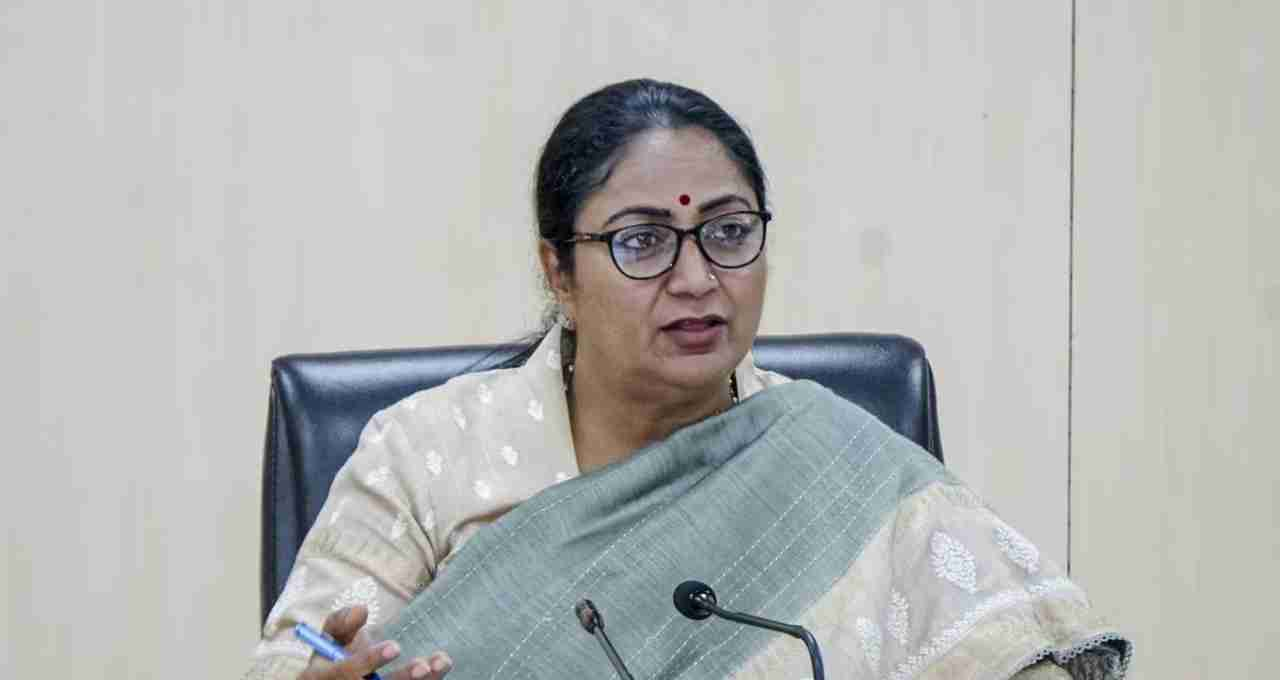
Rekha Gupta cited waterlogging as a serious problem in Delhi, mentioning the example of the Minto Bridge. She stated that nodal officers have been deployed in each waterlogged area, and their accountability has also been fixed.
Yamuna Cleaning and Rejuvenation
The Chief Minister reiterated her commitment to the Yamuna River. She said the government is working on two fronts — one, cleaning the Yamuna, and two, maintaining its continuous flow. She mentioned that 200 drains fall into the 48-kilometer-long Yamuna flowing through Delhi. To address this, the capacity of Sewage Treatment Plants (STPs) is being increased. 40 new Decentralized STPs are being installed. According to reports, 20 STPs were not functioning according to standards, and they are being rectified.
Transparency in Camp Management
The Chief Minister stated regarding Kanwar Yatra camps that each committee is now being registered through a single-window system, and funds are being provided for the camps. Earlier, this work was assigned to three contractors, which led to the possibility of corruption.
Promotion of Trade and Investment
The government is focused on addressing the problems of traders. For the first time, a budget of one lakh crore rupees has been passed, in which 28 thousand crore rupees have been allocated for infrastructure development. The government wants to make Delhi a global hub in the fields of education, health, and trade.
Rekha Gupta said that since becoming Chief Minister, every woman in Delhi feels empowered and directly contacts her to report her problems. The government is addressing these problems on a priority basis.
